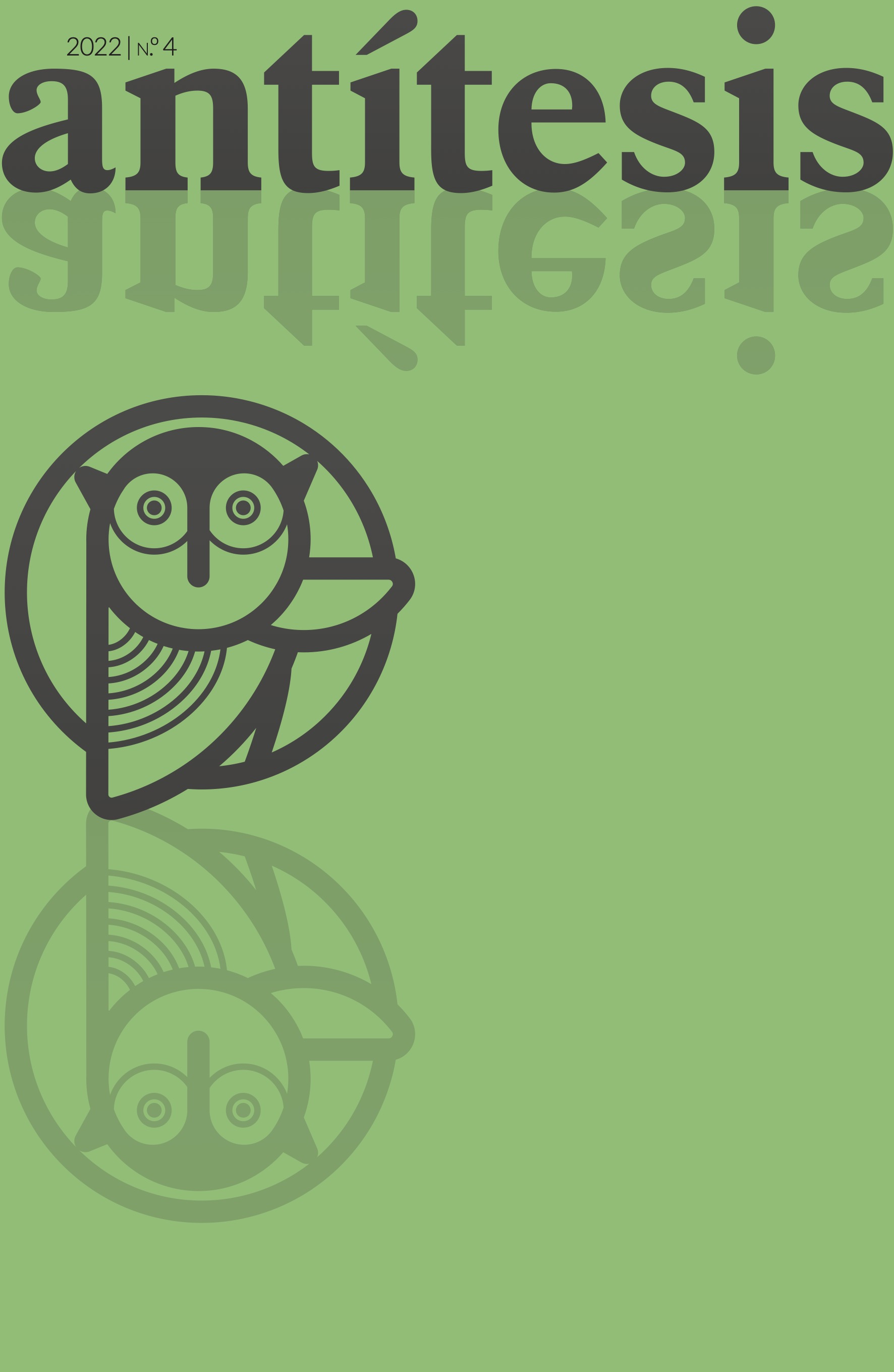Palabras clave:
modernidad, razón, subjetividad, preferenciaDerechos de autor 2022 Ignacio Trucco

Esta obra está bajo una licencia internacional Creative Commons Atribución 4.0.
Resumen
El utilitarismo constituye la filosofía moral de base sobre la que se levanta la teoría económica marginalista, la más aceptada en el campo disciplinar. Diferentes perspectivas han objetado su validez negando que el utilitarismo refleje adecuadamente la realidad intersubjetiva que se pone en actividad a la hora de producir fenómenos económicos. Sin embargo, resulta menos conocida la crítica que puede deducirse del sistema filosófico de Hegel, en particular, de su filosofía del espíritu subjetivo. Este trabajo compara estas dos filosofías morales tomando como eje articulador la tensión entre deseo, cultura y libertad y sus consecuencias para las investigaciones económicas.
Descargas
Citas
Albee, E. (1962). A history of English utilitarianism. Collier Books.
Arrow, K. J. (1990). Economic theory and the hypothesis of rationality. In J. Eatwell, M. Milgate & P. Newman (Eds.), Utility and Probability, (pp. 25-37). Palgrave Macmillan.
Bentham, J. (2000) [1781]. An introduction to the principles of morals and legislation. Batoche Books.
De Zan, J. (2009). La filosofía social y política de Hegel. Ediciones del Signo.
Fernández, E. (2020). Arbitrio, enajenación y libertad. Génesis de la libertad en la Ciencia de la lógica – R. Espinoza, E. Fernández & A. Toscano (Eds.) Hegel hoy: Una filosofía para los tiempos del Otro. Herder.
Ferreiro, H. (2009). Reconstrucción del sistema de la voluntad en la filosofía de Hegel. Revista latinoamericana de filosofía, 35(2), 331-361.
Flores-Miller, G. (2013). El concepto de la voluntad libre en la Introducción a los Principios de la filosofía del derecho de GWF Hegel. Pensamiento y Cultura, 16(1), 18-40.
Hegel, G. W. F. (2000a) [1830]. Enciclopedia de las ciencias filosóficas en compendio, trad. Ramón Valls Plana, Alianza.
Hegel, G. W. F. (2000b) [1821]. Rasgos fundamentales de la filosofía del derecho, trad. Eduardo Vázquez. Biblioteca Nueva.
Heydt, C. (2014). Utilitarianism before Bentham. En B. Eggleston, & D. E. Miller (Eds.), The Cambridge Companion to Utilitarianism, (pp. 16-37). Cambridge University Press.
Mill, J. S. (1891) [1861]. El utilitarismo. Madrid. Sociedad general española de librería.
Rivera-Sotelo, A. S. (2011). El utilitarismo de Jeremy Bentham ¿fundamento de la teoría de León Walras?. Cuadernos de economía, 30(55), 55-76.
Samuelson, P. A. (1938). A note on the pure theory of consumer's behaviour. Economica, 5(17), 61-71. https://doi.org/10.2307/2548836
Van Daal, J. (1996). From Utilitarianism to Hedonism: Gossen, Jevons and Walras. Journal of the History of Economic Thought, 18(2), 271-286. https://doi.org/10.1017/S1053837200003278
Walras, L. (1926) [1874], Elementos de economía política pura, Alianza.
